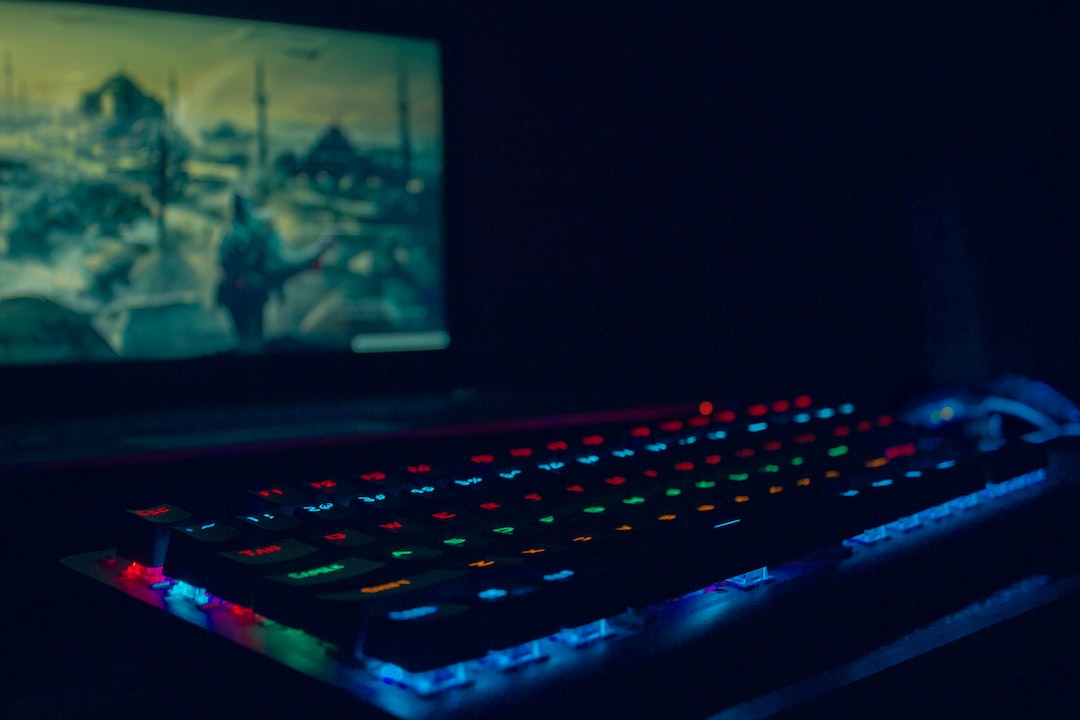Rediscovering Classic Games: Nostalgia and Nostalgia Selling
In today’s fast-paced world of technology and innovation, it seems like new video games are released almost every week. With stunning graphics, intricate storylines, and immersive gameplay, these new games captivate players and push the boundaries of what we thought was possible in the gaming industry. However, amidst this constant flood of new and exciting titles, there is also a growing trend of rediscovering and reviving classic games from the past. This resurgence of nostalgia has brought a new dimension to the gaming industry, with developers and publishers capitalizing on the sentimental value associated with these timeless classics.
Nostalgia, as defined by Wikipedia, is a sentimentality for the past, typically for a period or place with happy personal associations. It is a bittersweet longing for the experiences we had in our childhood or other happy moments of the past. Nostalgia often evokes a warm feeling of comfort and familiarity, making it a powerful emotional force. It’s no wonder that game developers have tapped into this sentiment, as it provides not only a lucrative market but also an opportunity to reintroduce old favorites to a new generation of players.
One of the most notable examples of nostalgia selling in the gaming industry is the popularity of retro gaming consoles such as the Nintendo Classic Edition and the Sega Genesis Mini. These miniature versions of the original consoles come loaded with a selection of classic games. Many of these games, such as Super Mario Bros., Sonic the Hedgehog, and The Legend of Zelda, were big hits during the ’80s and ’90s. By targeting the older generation who grew up with these games as well as appealing to younger players who want to experience what their parents played, these retro consoles have become hugely successful.
Furthermore, nostalgia isn’t limited to just hardware. Game developers are also remastering and re-releasing iconic titles from the past across various platforms. Games like Final Fantasy VII, Crash Bandicoot, and Spyro the Dragon have all received the remastered treatment, allowing fans to relive their childhood memories with improved graphics and gameplay. This trend not only generates excitement among long-time fans but also attracts a new audience who missed out on these classics when they were first released.
The success of nostalgia-driven games and consoles has not gone unnoticed by major players in the industry. Companies like Nintendo, Sony, and Microsoft have all created online stores where gamers can purchase and download classic games onto their modern systems. These digital platforms serve as a virtual museum of gaming history, allowing players to easily access and play the games that defined their childhood. This accessibility ensures that the nostalgia market remains thriving and continues to grow.
But why do we crave nostalgia in the first place? Psychologists suggest that nostalgia acts as a coping mechanism for dealing with psychological discomfort and existential angst. In a world full of uncertainties, nostalgia offers us a sense of stability and certainty. It transports us back to a simpler time, reminding us of happier memories and providing a temporary escape from the frustrations of the present. This explains why playing these classic games can be so comforting and emotionally satisfying.
While nostalgia selling can be considered a somewhat calculated marketing strategy, there is an undeniable charm to the classic games of the past. These games were built on simple yet engaging gameplay mechanics that stood the test of time. They often lacked the flashy graphics and complex narratives of modern games, but their addictive nature and straightforward gameplay made them captivating and memorable. By rediscovering these games, we can gain a better appreciation for the foundations on which the gaming industry was built.
In conclusion, the resurgence of classic games and the nostalgia associated with them have become an integral part of the gaming industry. Nostalgia selling not only allows developers and publishers to tap into a lucrative market but also provides gamers with a sense of comfort and familiarity. Whether through retro consoles, remastered titles, or digital platforms, the gaming industry continues to offer players the opportunity to rediscover their favorite childhood classics. So next time you’re feeling nostalgic, don’t be afraid to dive back into the games of the past and relive those cherished memories.
